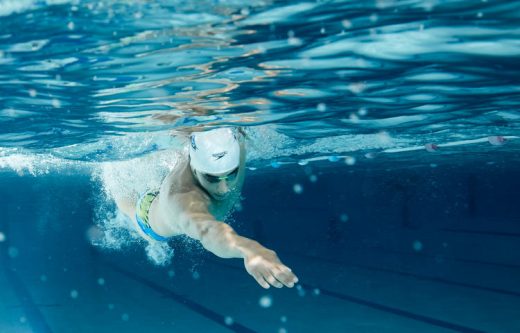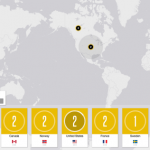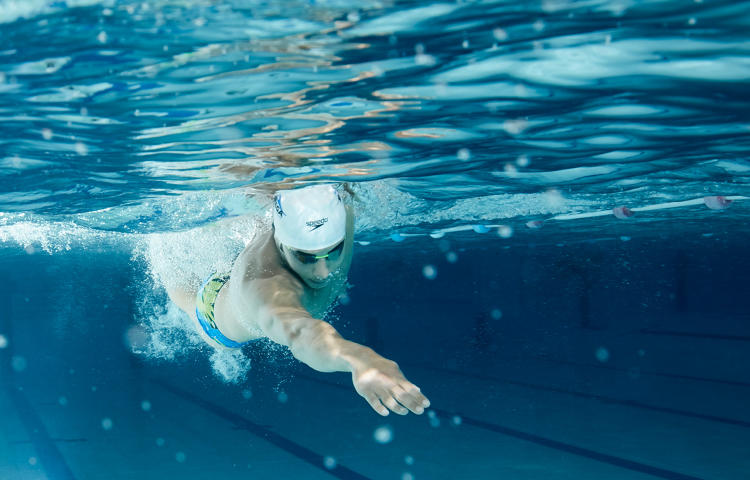At The Rio Olympics, The First-Ever Refugee Team Will Compete For Gold
In August 2015, 18-year-old Yusra Mardini and her sister Sarah fled the war in Syria, spending a month traveling to reach safety in Germany. When their tiny, overcrowded boat from Turkey broke down before it reached the shore in Greece, the girls jumped into the water and helped guide it to safety, swimming three and a half hours to help save the others onboard. This month—exactly a year later—Mardini will swim in the Olympics, as a member of the first-ever Refugee Olympic Team.
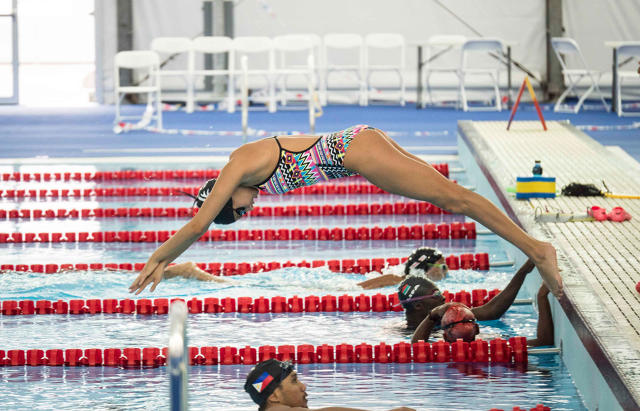
The new team includes another Syrian swimmer who escaped to Belgium, an Ethiopian marathon runner who now drives a taxi in Luxembourg, two judo experts from the Congo (now living in Brazil), and five long-distance runners from South Sudan, who have been training in a camp set up outside Nairobi by the record-breaking Kenyan runner Tegla Loroupe.
Mardini had been training in Syria for years, but as the war escalated, it was hard to continue. In 2012, her family’s home was bombed. Two of the other swimmers she trained with were killed soon afterward, and then her training center was damaged in another attack. But after Mardini finally reached Berlin in 2015, she started swimming again. And when the International Olympic committee decided to pull together a refugee team last year, her name made it on the list.
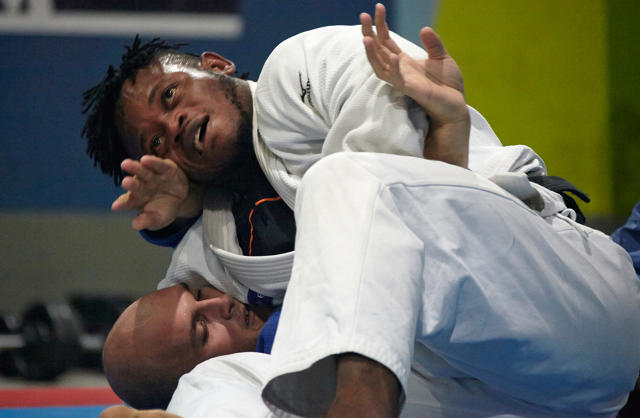
Those who supported the creation of the new team are hoping it may change some misperceptions of refugees. “We hope that this initiative will challenge the way people see refugees, looking beyond stereotypes, and understand that refugees are people like the rest of us, with dreams and aspirations, and extraordinary skills to match,” says Nora Sturm, a spokesperson for the UN Refugee Agency’s office in Geneva. “The Refugee Olympic Team is an incredible example of the human spirit and shows the world that refugees are extraordinary people who have overcome huge odds.”
Refugees have occasionally competed on their own in the past. Marathon runner Guor Marial, who fled from Sudan to the U.S. as a child, went to the 2012 Olympics as an independent. But this is the first time refugees will have an official team—driven in part by the fact that there are now more refugees in the world than there ever have been in history.
“This initiative is so important because, coming at a time when the number of forcibly displaced people has never been higher, it sends a strong message of support for refugees worldwide and generates much-needed awareness of their plight,” says Sturm.
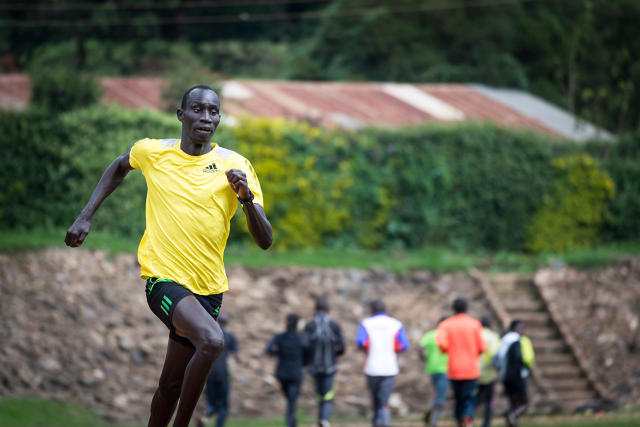
The athletes will come to the Olympics with huge disadvantages in terms of training. The runners from South Sudan grew up in the Kakuma Refugee camp in Kenya—a place that had little access to resources in general, and often no access to sports. “Some of the others competed at very high level in their home countries but were forced to interrupt their training when they fled for their lives,” she says. “They have been training at best at a high level for the last six months, whereas other athletes have been training for the Olympics at least for the past four years.”
The IOC may also help the refugee team continue to train after the games, and they’re also considering another refugee team for the next games—though, ideally, any athletes who are refugees now will have found permanent residences before then and will be able to join that country’s team.
“It is difficult to say we are going to train an Olympic team in 2016 for the games in 2020 when the objective is to be no longer a refugee and become normal citizens,” she says. “Perhaps with growing xenophobia and intolerance, the world needs this refugee team, to be reminded that refugees are fellow human beings who have lived under extraordinary circumstances.”
Have something to say about this article? You can email us and let us know. If it’s interesting and thoughtful, we may publish your response.
[All Photos: © 2016 IOC]
Meet the all-refugee Olympic team: South Sudanese refugee Anjelina Nadai Lohalith will compete in the 1,500-meter run.
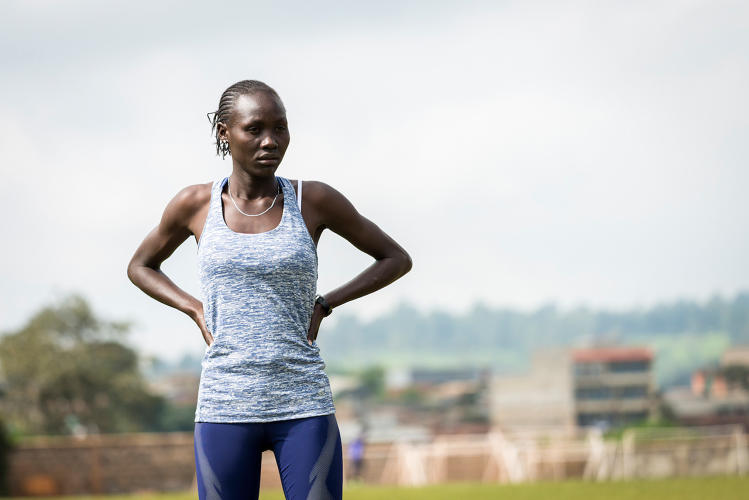
South Sudanese refugee James Nyang Chiengjiek will compete in the 400-meter run.
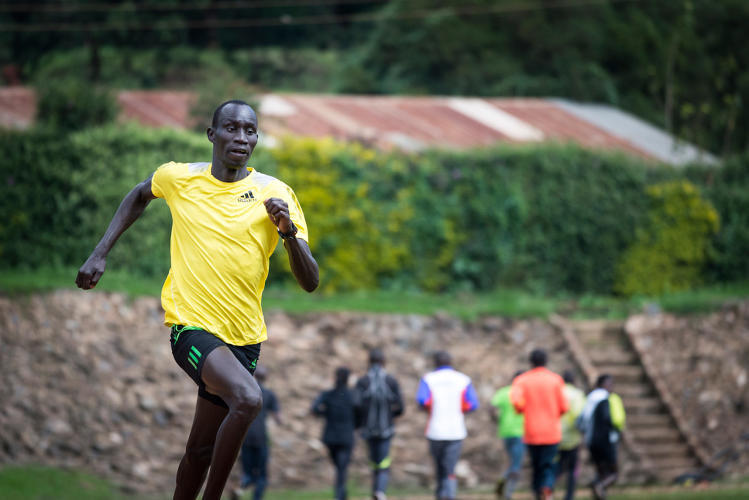
South Sudanese refugee Paulo Amotun Lokoro will compete in the 1,500-meter run.
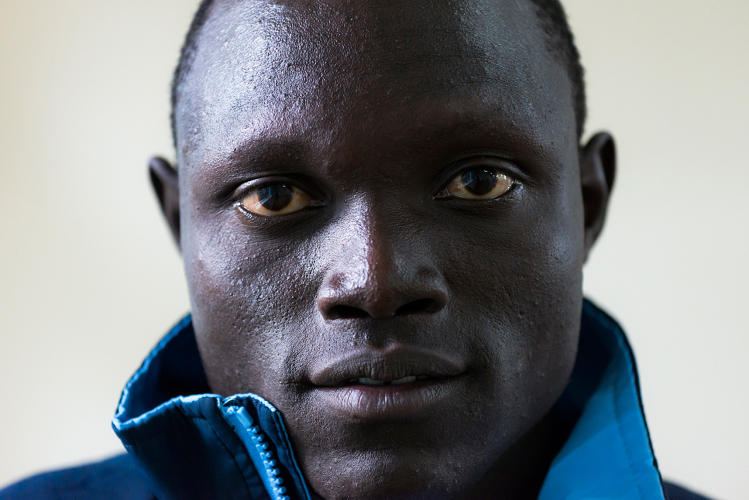
Syrian refugee Rami Anis will compete in the 100-meter butterfly.
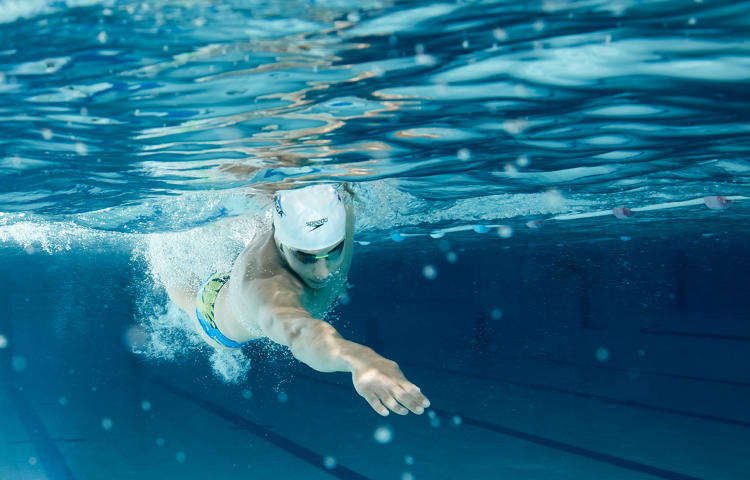
Syrian refugee Yusra Mardini will compete in the 100-meter butterfly and freestyle.
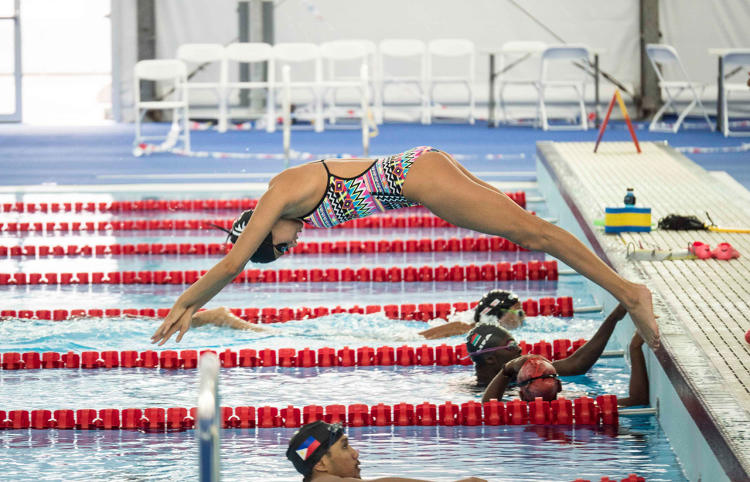
South Sudanese refugee Rose Nathike Lokonyen will compete in the 800-meter run.
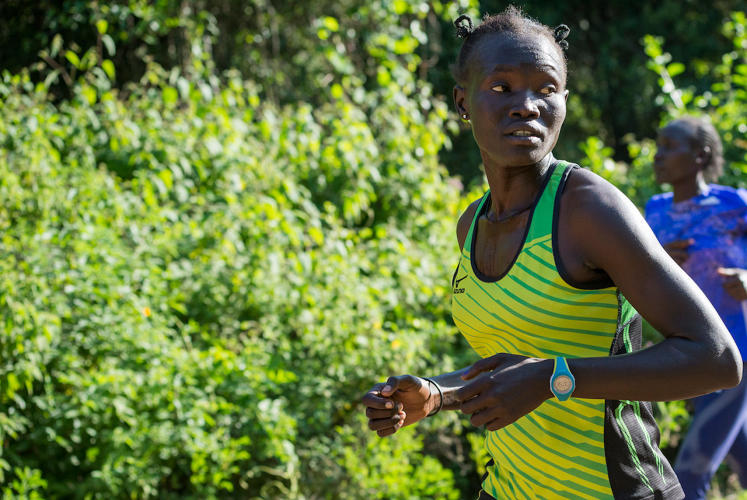
South Sudanese refugee Yiech Pur Biel will compete in the 800-meter run.
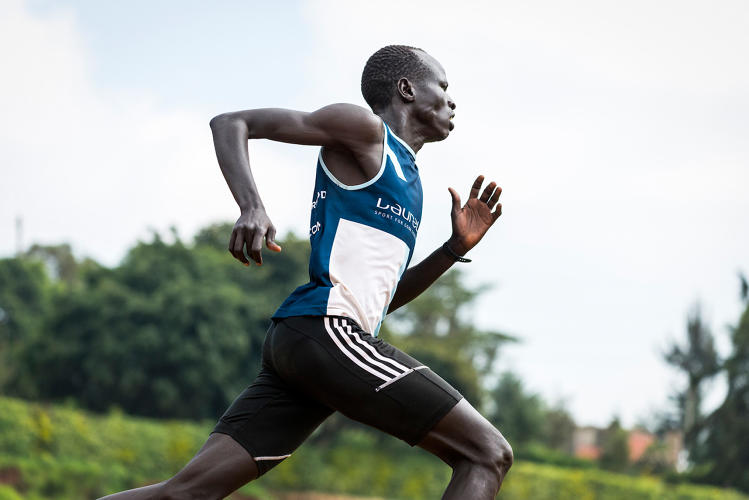
Ethiopian refugee Yonas Kinde will compete in the marathon.
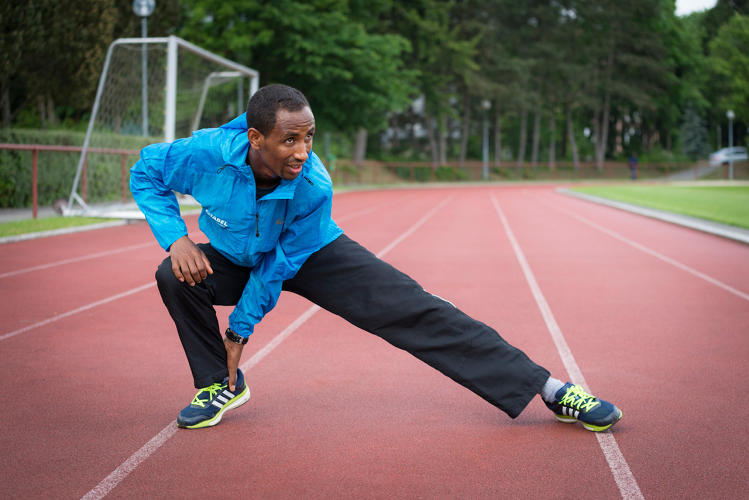
Democratic Republic of the Congo refugee Yolande Mabika will compete in judo.
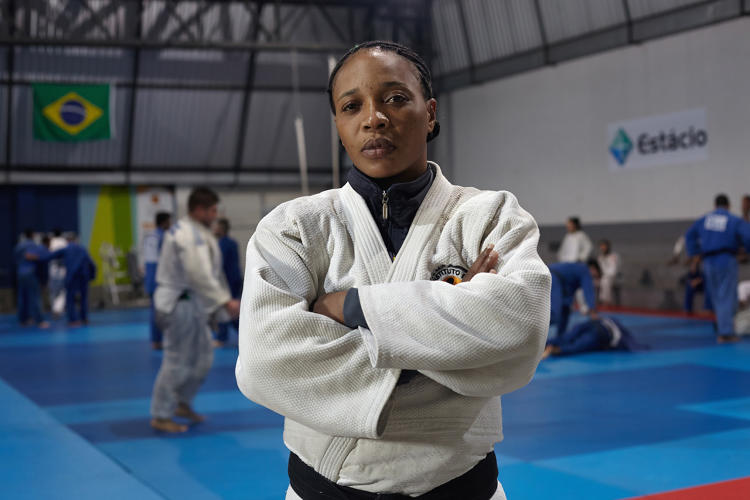
Democratic Republic of the Congo refugee Popole Misenga will compete in judo.
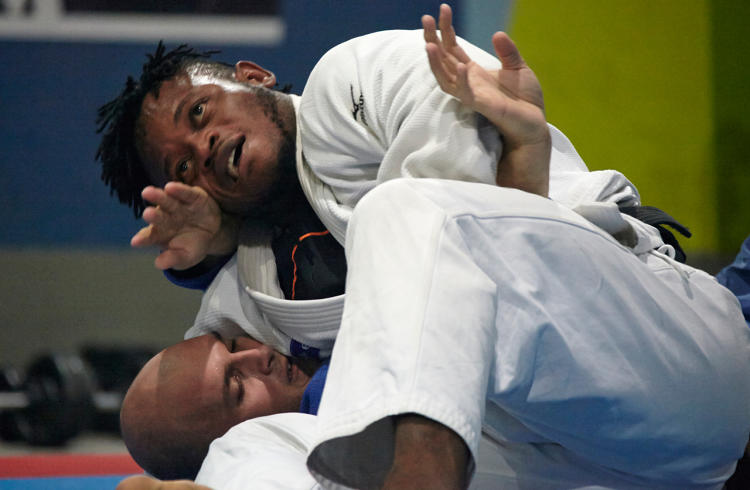
Fast Company , Read Full Story
(20)

